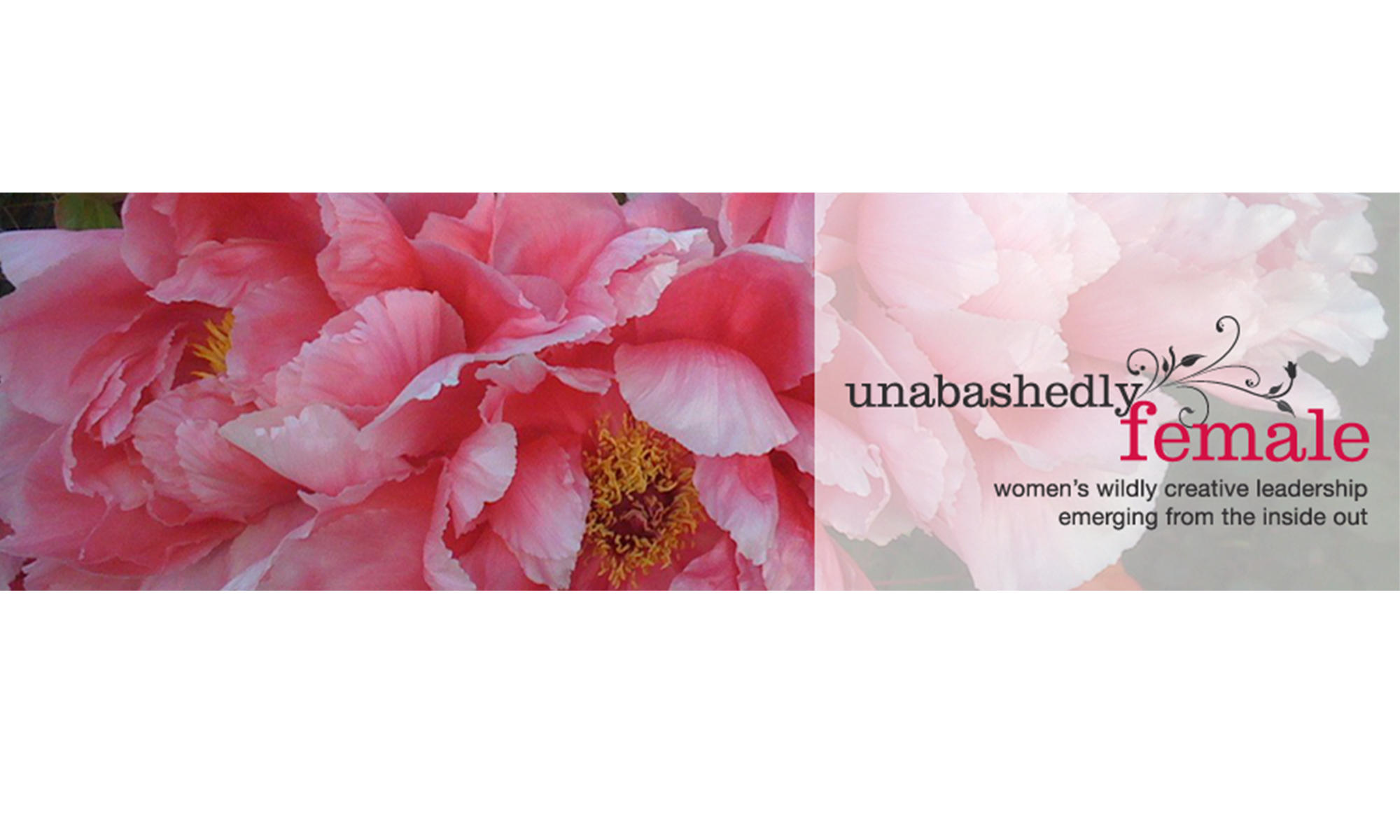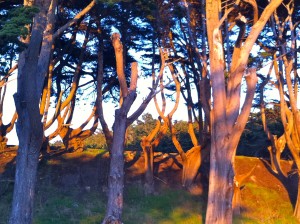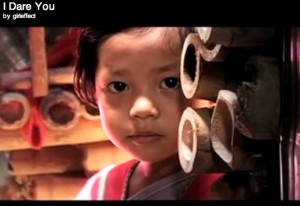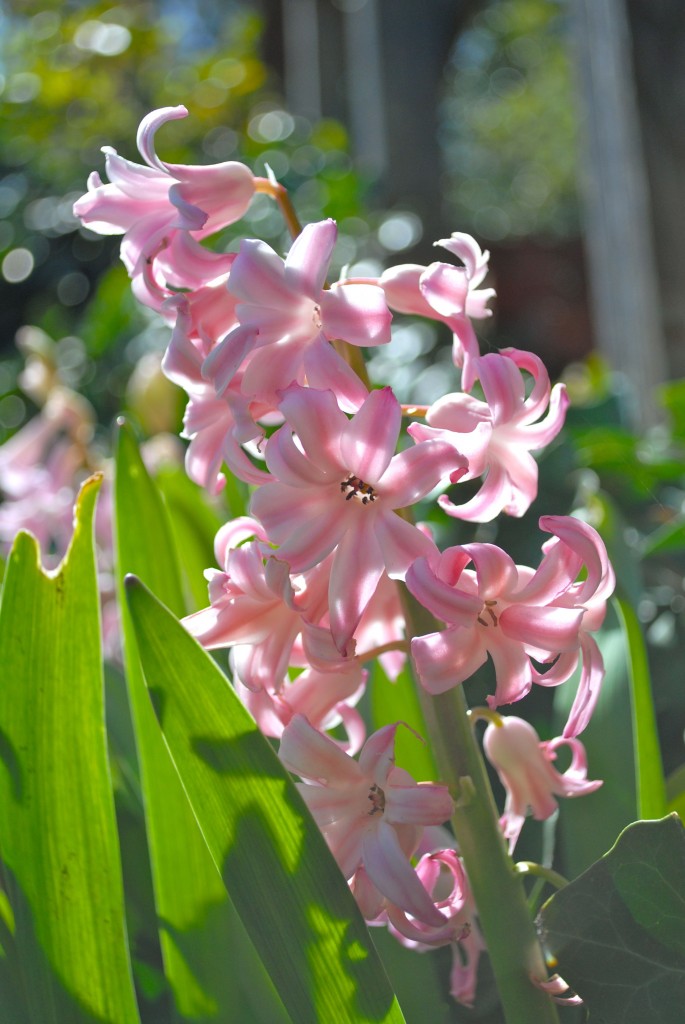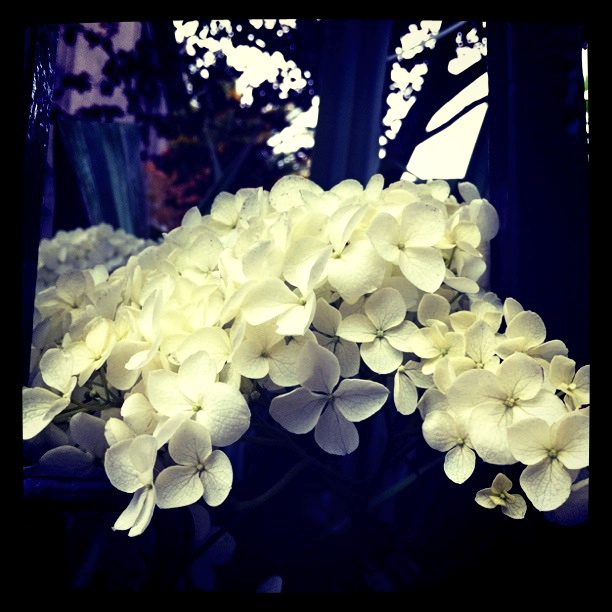
Yesterday, I wrote about Grief, Growth and Beautiful People. I wanted to introduce you to a very important book about grief and moving toward beauty through grieving.
Over the course of the past 24 hours, grief has been on my mind. Beauty has been in my awareness. I’ve wondered about the seeming incongruousness of our world that is easy for a human mind to justify, but so hard for the heart to hold.
The incongruousness of a world we’ve created where some have so much more than they could ever, ever need, and others are dying from lack of clean water, food, or love.
Yes, this is the world we humans have created, the world based on our ideas of how things should be.
It’s okay to have so much since I’ve worked hard for it, I’ve done what it takes to make it, and others haven’t. Why should I care or share?
It’s okay to not have to think of others, because I’ve been born into privilege, and privilege means I don’t have to consider those who aren’t privileged.
It’s okay for me to legislate my beliefs into law because I know better and am right.
I, too, have thought these thoughts and believed these beliefs throughout my life. I was born into privilege and for most of my life, even though I knew on some deep level that those privileges hadn’t been earned and weren’t part of the natural world, I really never looked beneath the covers of that privilege to see what was hiding underneath.
The world itself,
the natural world we humans are so damn lucky to be a part of, has no beliefs written upon its pages. In reality, there may be incongruencies there as well, but if we look very closely and are very honest with ourselves, we can’t even say we understand this world, our place in it or why we’re here…or for that matter, who and what we really are. It’s really all conjecture.
What is clear is that we’re out of balance. It feels as though our structures are out of balance, and our way of life is out of balance.
Yesterday, after a lovely conversation over coffee downtown with fellow coach Heather Mills, I decided to walk home along some of the most beautiful scenic streets of San Francisco. Heather and I had talked about how easy it is to forget we’re a part of this natural world when we’re surrounded by the cold and steel secular structure of our man-made surroundings. Concrete gray surrounded us as we talked, and nowhere immediate in our gaze was there green or blue, or any other bright color of Mother Earth in our gaze. I had shared with Heather about the feelings I encountered when I returned home from India a few years ago. I had been struck by how cold and lifeless it felt here compared to the devotion-laced air I breathed in my travels there, and this recognition had brought with it great sadness.
On my walk home,
I stopped to watch the cable cars, gazed at the Fairmont Hotel and surrounding buildings with beautiful design details, and wandered the labyrinth at Grace Cathedral. As I almost always do when I walk, I was snapping pictures along the way. It’s a form of meditation for me, because as I look through the lens, even the lens of this quirky iPhone, my artist eye has a chance to behold what it sees with a sense of color, balance, composition, intrigue and surprise.
I felt the contradiction between seeing beauty in these concrete creations, while also feeling a sense of estrangement. I couldn’t quite put my finger on what feels so lifeless in them. I looked around at the people I was passing and we all seemed to be so intent on something else other than what was right in front of us – this beautiful sacred creation of life itself that constantly invites us to be amazed. In some ways, what brought me back to the beauty of creation was this quirky artist’s eye…the one that stops to look and feel and compose…and then share images into the interwebs by way of my phone.
In yesterday’s post, I shared this quote:
“The most beautiful people we have known are those who have known defeat, known suffering, known struggle, known loss, and have found their way out of the depths. These persons have an appreciation, a sensitivity, and an understanding of life that fills them with compassion, gentleness, and a deep loving concern. Beautiful people do not just happen.” – Elizabeth Kubler Ross
On the final leg of my walk,
I felt a welling up of grief and the tears began to flow. So much beauty. I am swimming in so much beauty, and so much of the time I’m lost in my thoughts and beliefs and fears about the world, my place in it and what might happen. So much of the time I believe what I feel in my surroundings rather than feeling what is deep in my heart.
I thought about how things might be if we lived in a world inhabited by seven billion beautiful people…
Seven billion people who have found their way out of the depths of suffering, struggle, and loss.
Seven billion people filled with appreciation, sensitivity, compassion, gentleness and a deep loving concern.
Seven billion beautiful people.
As Kubler Ross writes, beautiful people don’t just happen. We become beautiful people by feeling, seeing and knowing the depths of suffering and what it means to be human.
Perhaps…
our doorway out of our current predicament is the same doorway into our awakening to the beauty we are, to the beauty of each other, to the beauty inherent in life itself.
Perhaps the fix we’re looking for, that congress is trying to legislate, that our politicians are fumbling to express is really as simple as coming to remember the sacred by feeling the depths of our own suffering that is right here, right now. Maybe, through this doorway of remembering, we might feel our way into a world of enough, of connection, of deep loving concern for all beings.
All the distractions we feed ourselves are done so we don’t have to feel. There is no human being on earth that does not suffer; yet there are many human beings who have learned, very well, how to not feel.
Privilege, like oppression, is infused with suffering.
Having too much, like having not enough, is infused with suffering.
Believing we know who we are, like forgetting who we really are, is infused with suffering.
Not feeling our own suffering is infused with suffering.
Perhaps we are on the threshold of this shift, right now, and our doorway in is to feel the depths of the grief that is right here in front of us.
Grief is an intelligent process.
After all, it can lead us from suffering to beauty, to compassion, to “gentleness and a deep loving concern”. It can lead us from separation to connection. It can lead us to all that is sacred within ourselves, and to a remembering of what is at the sacred heart of life in each other, all seven billion of us.
And, I know first hand, that fully grieving leads to joy and peace… a sweet simple joy, a lighthearted love of life.
What would it be like if the world were filled with seven billion people consciously grieving the state of our world, the loss of awareness of the sacred, our sense of separation, our fears of each other…grieving the very real suffering that exists right now?
How would things be if seven billion people felt this sweet simple joy, a lighthearted love of life that comes from remembering the sacred?
People all over the world feel grief every day. They face circumstances I could not even imagine. They see horrors, they know suffering, they live with grief.
Many of us who know abundance and plenty, enjoy freedom others could never imagine, and have our health are also experiencing grief about what is happening on the planet, although we may not be able to put in words what is happening.
In my short travels in India, even though many there I saw lived with so much less than what I have in my life, I also saw joy, a kind of joy I see here less and less.
I have a sense children already are, for as children we are still in touch with what’s real. Most children see through the illusions their parents have about life, but don’t know how to deal with the discrepancy between what they see and what their parents claim is reality.
I know all I can do is to continue to feel, continue to grieve what we’ve done to our world.
How have I contributed? How do I continue to be unconscious? What can I offer that I am not yet offering?
And, can I remember the sacred in the everyday moments of life?
…
What would it be like for all seven billion of us to walk through this doorway into awakening? Perhaps there would be seven billion people who’ve come to realize the inherent beauty that’s always been at the heart of who they really are.
